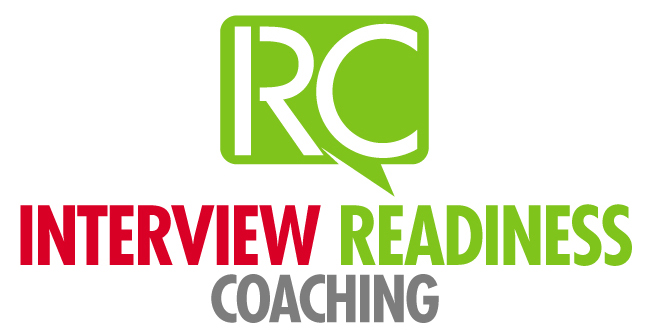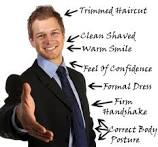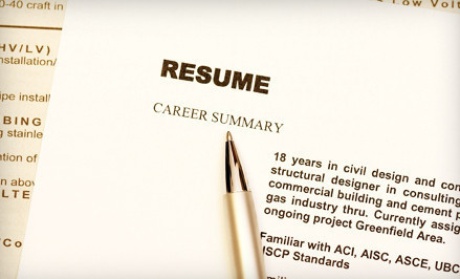Sweaty palms, a nervous twitch, parched lips, or words that just won’t come — does that sound familiar? No, you are not waiting to perform before an audience of 20,000 adoring fans! You are driving into the parking lot anticipating your upcoming interview for a new job. What is the key to minimizing your fear and feeling in control of the interview? Preparation and practice, practice, practice are key protocols to successful interviewing. Even the most seasoned professional develops a solid interview strategy and prepares adequately to avoid an interrogation by an untrained interviewer. Don’t make the mistake of comparing the “gift of gab” with well-honed interview skills. Remember… there is no such thing as an innocent question. You are being judged from the moment you walk in the door or speak on the telephone until the instant you are offered the job.
Focus research on each targeted company
Once you land an interview, research the targeted organization thoroughly. Focus completely on the company’s needs, not your own. Study the corporate website and read the Annual Report, executive bios, company mission statement, and other important information. Use the local library to learn more, stop in personally and ask for company brochures and other available marketing materials, and contact inside sources to learn about critical issues, concerns, or projects your targeted department might be facing. It’s critical to know as much or more about the company than the person who interviews you. It is shocking to learn that many job seekers are not completely sure what the company does when they arrive for an interview! This simple, return on investment interview strategy sets you apart from the crowd from the beginning.
Know your résumé inside out
Develop a core message based on value and capability and adjust that message to fit each company’s need. Know your résumé inside out and prepare several stories or examples to support every point listed. With a strong arsenal of examples, you can adjust rapidly to almost any interview question and quantify, build, or compare your answers to highlight your best skills and accomplishments. In preparation, think of questions you will probably be asked and prepare solid answers based on thebenefits you will bring to the organization. Identify questions you do NOT want to be asked, and prepare a strategy to address each question with a positive, confident response. Finally, define a response to “Tell me about yourself” based on your skills and achievements that match the needs of the company. This is your 90-second commercial that sets the tone for the interview. Practice with a family member or friend until you sound natural, positive, and comfortable.
“Good hours, excellent pay, fun place to work, paid training, mean boss. Oh well, four out of five isn’t bad!”
Help Wanted Ad, PA newspaper, 1994
You are interviewing the company for a good “fit” as much as they are interviewing you. Research five to six intelligent questions to ask the interviewer — never about vacation, wages, or benefits. You will only use a few good questions, but prepare adequately in case some are covered during the interview.
For an in-person meeting, take a dry run simulating interview day traffic and plan on arriving approximately 10 minutes early. Have your interview clothes dry cleaned (sealed in a bag if you smoke) and your shoes polished. If you are unsure about appropriate attire for the interview, drive to the company parking lot and watch how employees are dressed as they arrive for work. Or make a simple phone call and ask the receptionist for advice.
In closing, remember, there is always a market for “A” players, but people often hire for passion (attitude) and train for skills. Show enthusiasm, give concrete examples of your achievements, and present a positive attitude. Ace YOUR next interview before it begins!
_____________________________________
To get more tips on the subject matter, Join us on Tuesday, November 18, 2014 at 2:00 p.m. for a workshop on Interview Readiness. You will learn techniques to make sure the interviewer can see your true personality and how you would be a great fit for their organization.



